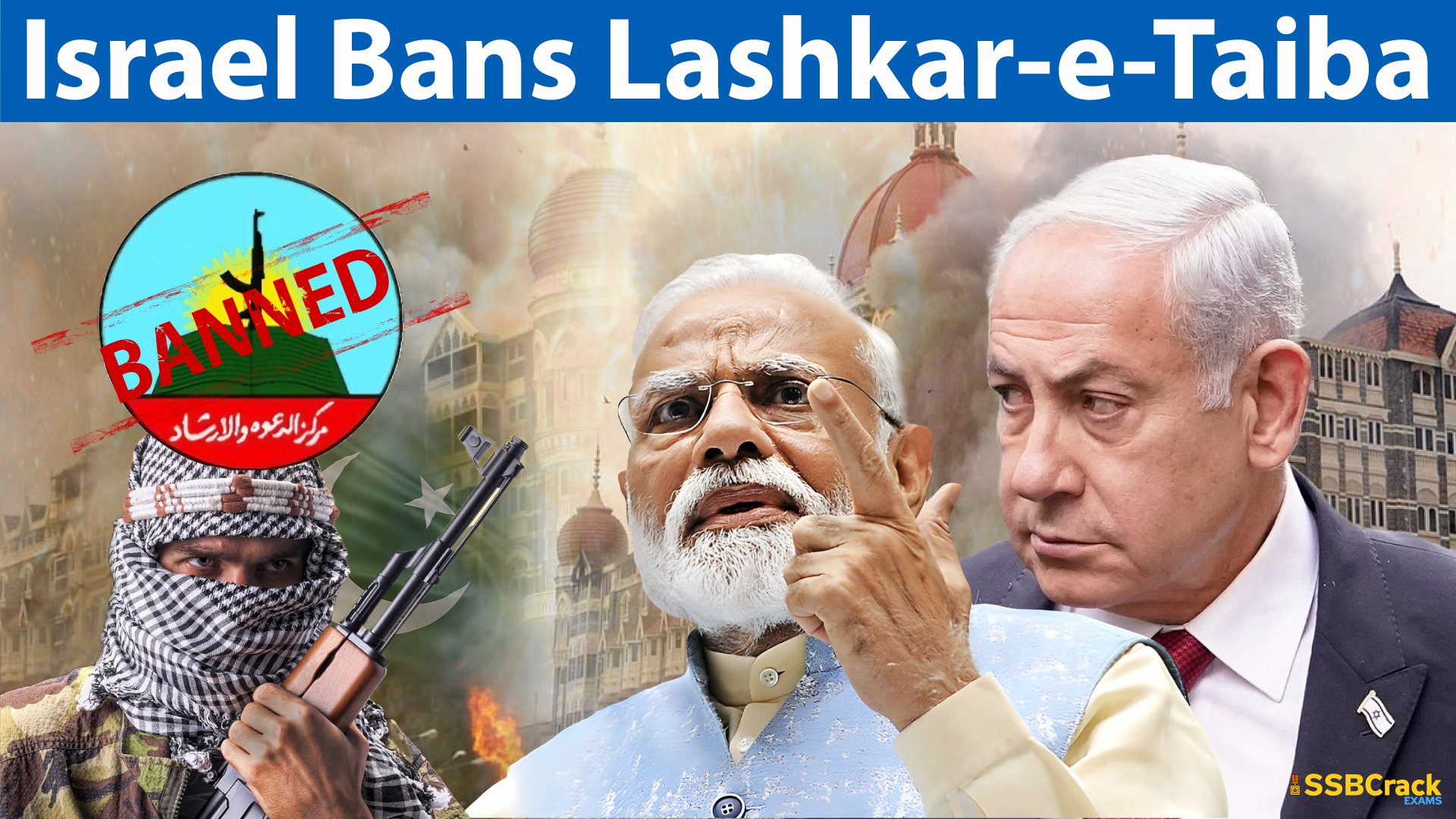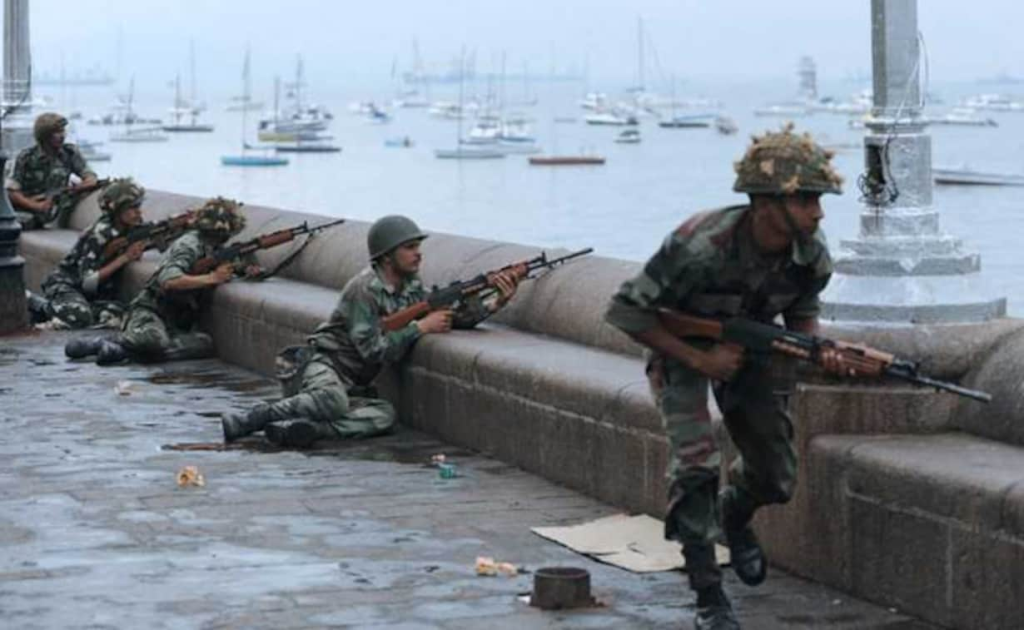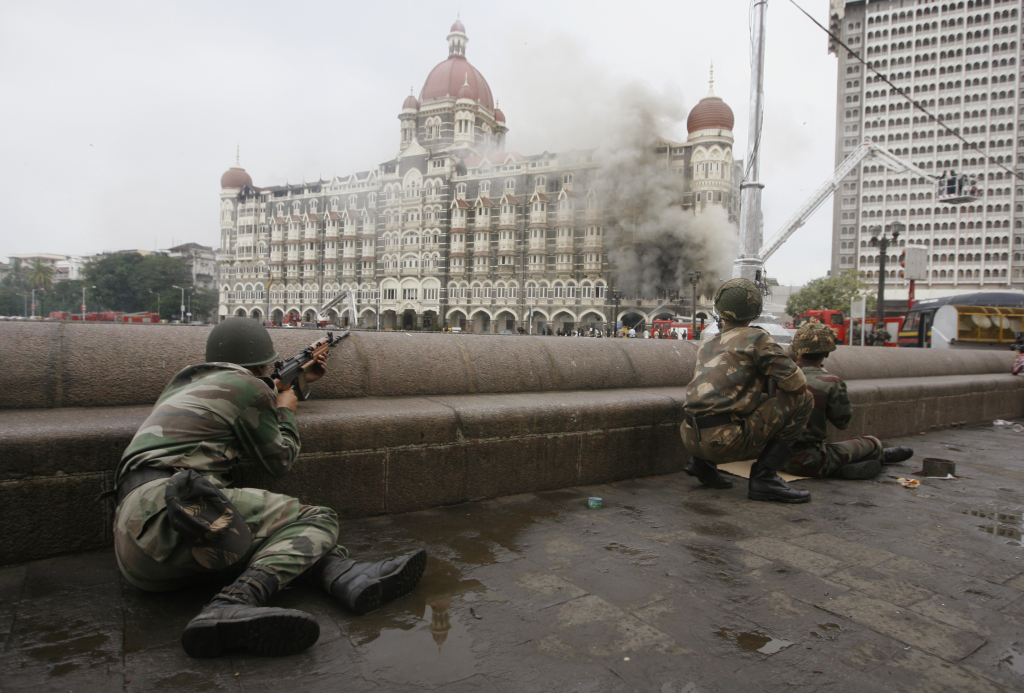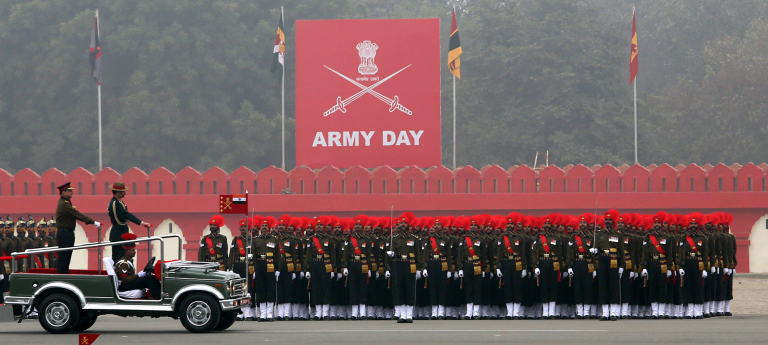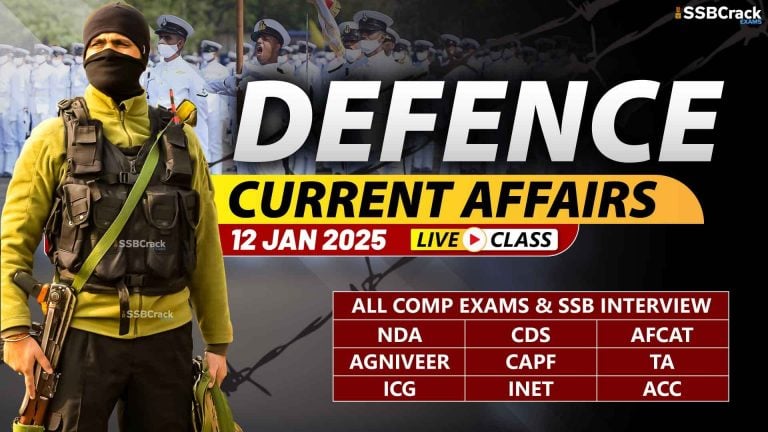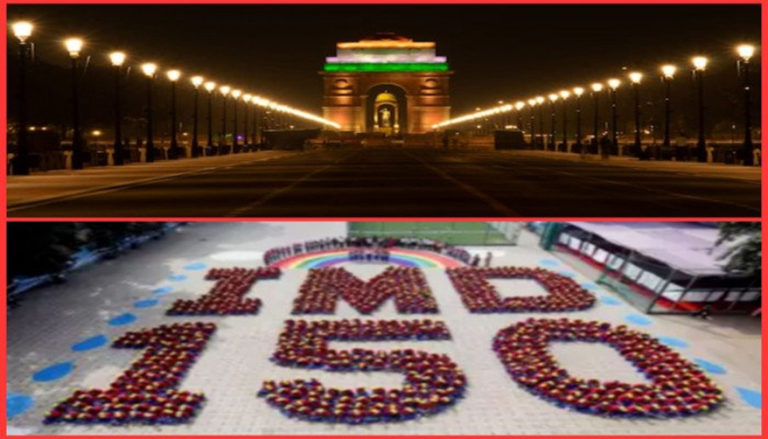Amid the 15th year of commemoration of the Mumbai terror attacks, Israel has announced to ban the terrorist outfit Lashkar-e-Taiba to symbolise the occasion and called it a ‘deadly’ and ‘reprehensible‘ terror organisation.
Israel Bans Lashkar-e-Taiba
Ahead of the 15th anniversary of the Mumbai attacks, Israel banned the UN-proscribed, Pakistan based terror group Lashkar-e-Taiba (LeT) that carried out the attacks. The action has been taken without any request by the government of India. The state of Israel has formally completed all necessary procedures and satisfied all required checks and regulations as a result of introducing Lashkar-e-Taiba into the Israeli list of illegal terror organisations, the Israel Embassy in India said.
Mumbai Attacks 26/11
The 2008 Mumbai attacks saw LeT terrorists also targeting a Jewish centre and killing many of its occupants. With the ban, Israel is also hoping to address concerns in India that it has been focused more on Iranian “terrorism” without paying enough attention to cross-border terrorism as perpetrated by Pakistan. While Israel looks at Iran as the main source of global terrorism, India uses that characterisation only for Pakistan.
Armed with automatic weapons and hand grenades, the terrorists targeted civilians at various sites in Mumbai, including the Chhatrapati Shivaji railway station, the popular Leopold Cafe, two hospitals, and a theatre. Thousands were taken hostage at the Nariman House and the Oberoi Trident and Taj Mahal Palace hotel.
Lashkar-e-Taiba
Formed in 1990 in the Kunar province of Afghanistan, the Lashkar-e-Taiba (also known as Jama’at-ud-Da’awa) is based in Muridke near Lahore in Pakistan and is headed by Hafiz Muhammad Saeed. The LeT is outlawed in India under the Unlawful Activities (Prevention) Act. It was included in the Terrorist Exclusion List by the US Government on December 5, 2001. The US administration designated the Lashkar-e-Taiba as a FTO (Foreign Terrorist Organization) on December 26, 2001. It is also a banned organization in Britain since March 30, 2001.
